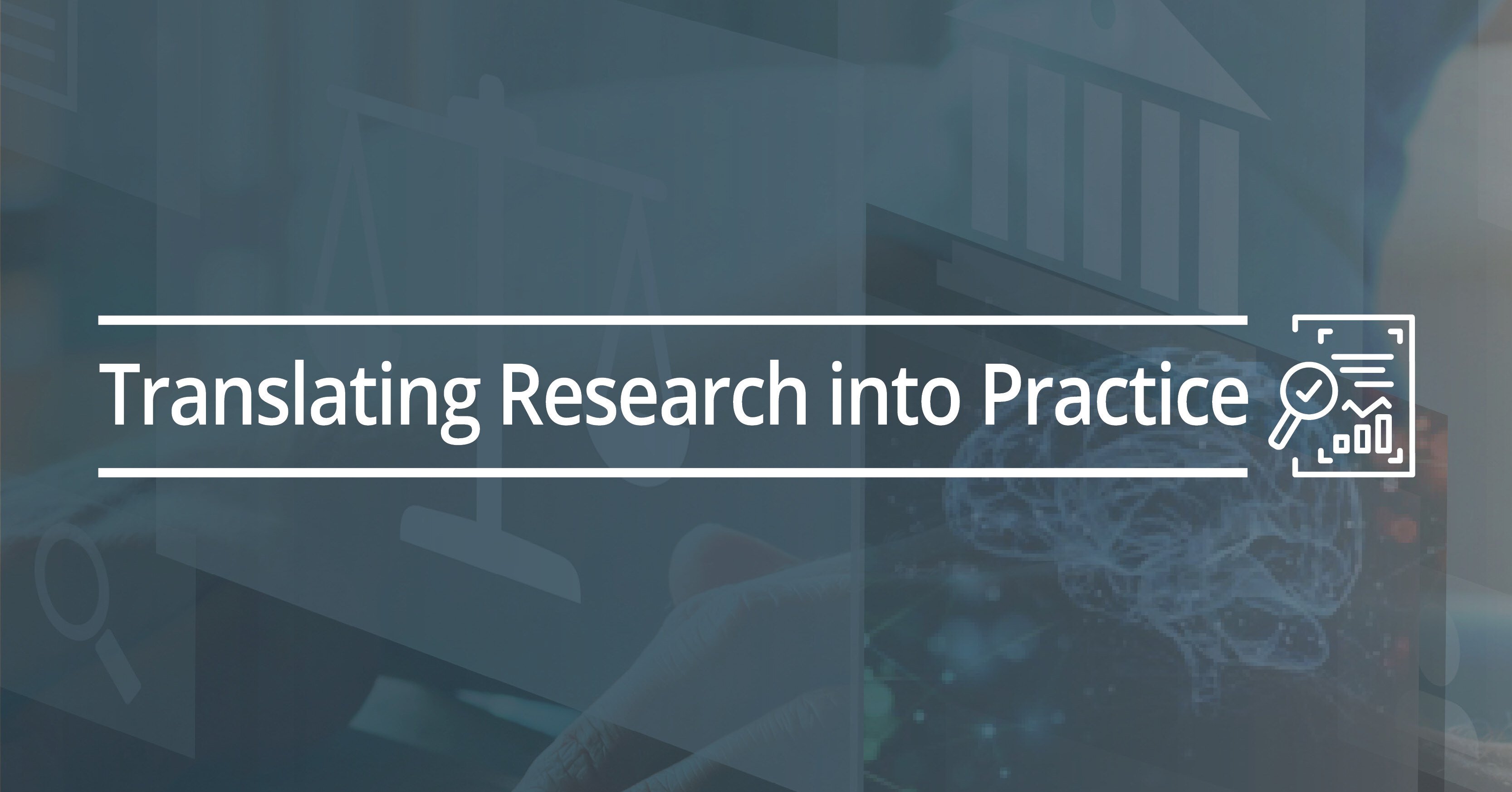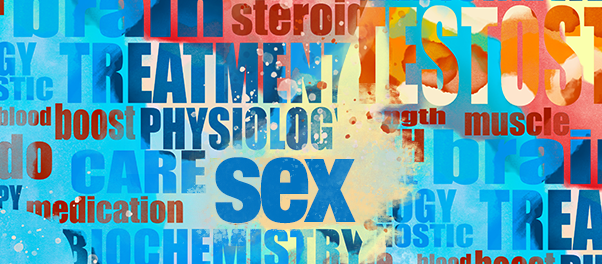Featured Article
Article Title
Artificial Intelligence is Set to Transform Mental Health Services
Authors
Seithikurippu R. Pandi-Perumal; Saveetha Medical College and Hospitals, Saveetha Institute of Medical and Technical Sciences, Saveetha University, Tamil Nadu, India; Division of Research and Development, Lovely Professional University, Phagwara, India
Meera Narasimhan; Department of Neuropsychiatry and Behavioral Science, School of Medicine, University of South Carolina, Columbia, SC, USA
Mary V. Seeman; Department of Psychiatry, University of Toronto, Toronto, ON, Canada
Haitham Jahrami; Government Hospitals, Manama, Bahrain; Department of Psychiatry, College of Medicine and Medical Sciences, Arabian Gulf University, Manama, Bahrain
Abstract
The current development in the field of artificial intelligence and its applications has advantages and disadvantages in the digital age that we now live in. The state of the use of AI for mental health has to be assessed by stakeholders, which includes all of us. We must comprehend the trends, gaps, opportunities, challenges, and shortcomings of this new technology. As the field evolves, rules, regulatory frameworks, guidelines, standards, and policies will develop and will progressively scale upwards. To advance the field, mental health professionals must be prepared to meet obstacles and seize possibilities presented by creative and disruptive technologies like AI. Therefore, a collaborative strategy must include multi-stakeholder participation in basic, translational, and clinical aspects of AI. Mental health practitioners need to be ready to face challenges and embrace and harness the power of innovative and disruptive technology such as AI that could offer to move the field forward.
Keywords
AI; artificial intelligence; digital technology; mental health; psychiatry
Summary of Research
“In the aftermath of the global COVID-19 crisis, the need for mental health services has risen sharply throughout the world, with the result that most jurisdictions have insufficient mental health resources with which to address the surge. As a consequence, mental illnesses go undiagnosed or receive inaccurate diagnoses. When untreated or undertreated, the dysfunction worsens, causes increasing distress, raises treatment costs, reduces productivity, and, too often, results in loss of life. Thankfully, artificial intelligence (AI) has come to the rescue. AI uses computational tools and algorithms that assist with individual diagnosis and help refine psychiatric diagnostic categories. In the intricate art of pattern recognition, AI far surpasses humans, whose attempts in the field of mental health have fallen appreciably short of expectations. AI can potentially turn this around” (p. 155).
“In our opinion, the long waiting lists for conventional face-to-face psychological therapy can best be addressed by Internet- and mobile-based interventions (IMIs). Telephone- and internet-based chatbots assist with access to needed information, support, and guidance. Chatbots such as these offer non-judgmental, unbiased, and personalized care using algorithms analogous to psychotherapeutic skills (empathy, patience, humor, and positive feedback). By utilizing big data from anonymized patient medical records, social media posts, blogs, and surveys, AI easily arrives at working diagnoses at early stages of a disorder, reducing treatment costs and improving prognosis” (p. 155).
“However, while looking ahead to the promise of AI, it is essential to acknowledge its challenges and drawbacks. These include ethical quandaries, privacy and security threats, the specter of robotic, inhumane care, the potential for bias being programmed into the original algorithm, the inability to adapt to patient context, the prospect of increasing dependence on technology, and the possibility of error (which, of course, is omnipresent in clinical medicine). Of major concern are: the lack of regulatory AI frameworks, our society’s overemphasis on technology at the expense of experienced human judgment, overwhelming difficulties in integrating AI into existing systems, unresolvable discrepancies between AI recommendations and clinician decisions, issues of transparency and interpretability in standing algorithms, technical limitations and errors, the potential for “black box” decision-making by algorithms, limited applicability to minority populations, high implementation costs and resource requirements, understandable resistance to change within and outside of the healthcare profession, unintended and unforeseen consequences and an overreliance on single responses to problems that may well need multiple solutions” (p. 156).
“Mental health is considered the most humanistic field of medicine, which leads to legitimate concern about the danger of dehumanization, the erosion of conventional wisdom and professional experience, and the delegation of control to a computer. But, with care, algorithmic decision-making should reduce the inequality and discrimination that currently exists—high-income countries having hijacked biomedicine—and allow for cultural variation in psychotherapeutic methods. AI should be approached with all necessary caution” (p. 156).
Translating Research into Practice
“An obvious implementation problem is that few mental health personnel are trained in AI technology. It is vital that training be made mandatory and mental health providers be offered incentives to keep up with technological advances. Psychologists and psychiatrists must stay current in this fast-moving field. To ensure that as many as possible individuals in need of care receive the best care possible, modern technology must become part of psychiatric training and continuing education. We strongly recommend that the healthcare system prepare psychiatric services to meet the demands of a constantly changing world by embracing the power of AI” (p. 157).
Other Interesting Tidbits for Researchers and Clinicians
“While it remains unclear whether, to what extent, and how quickly AI will be adopted in the delivery of mental healthcare, it is unquestionable that AI is here to stay and that its use will continue to expand. A premature promotion of AI models that may not be useful in real-world situations must await appropriate validation and be thoroughly scrutinized by law, ethics, public policy, and human rights experts. Before widespread use, it must be shown to meet jurisdictional quality and regulatory standards. While this is occurring, mental health practitioners have time to learn about and train themselves in, AI technology. In the digital age in which we live, the rise of AI brings benefits and pitfalls. Stakeholders (which includes us all) need to evaluate the current state of the application of AI for mental health. We need to understand the trends, gaps, opportunities, challenges, and weaknesses of this new technology. As it evolves, rules, guidelines, standards, policies, and regulatory frameworks will develop and will gradually scale upwards. Mental health practitioners need to be ready” (p. 157).



























.jpg?width=1006&height=503&name=Program_Digital-Mental-Health_Main_Image%20(1).jpg)




